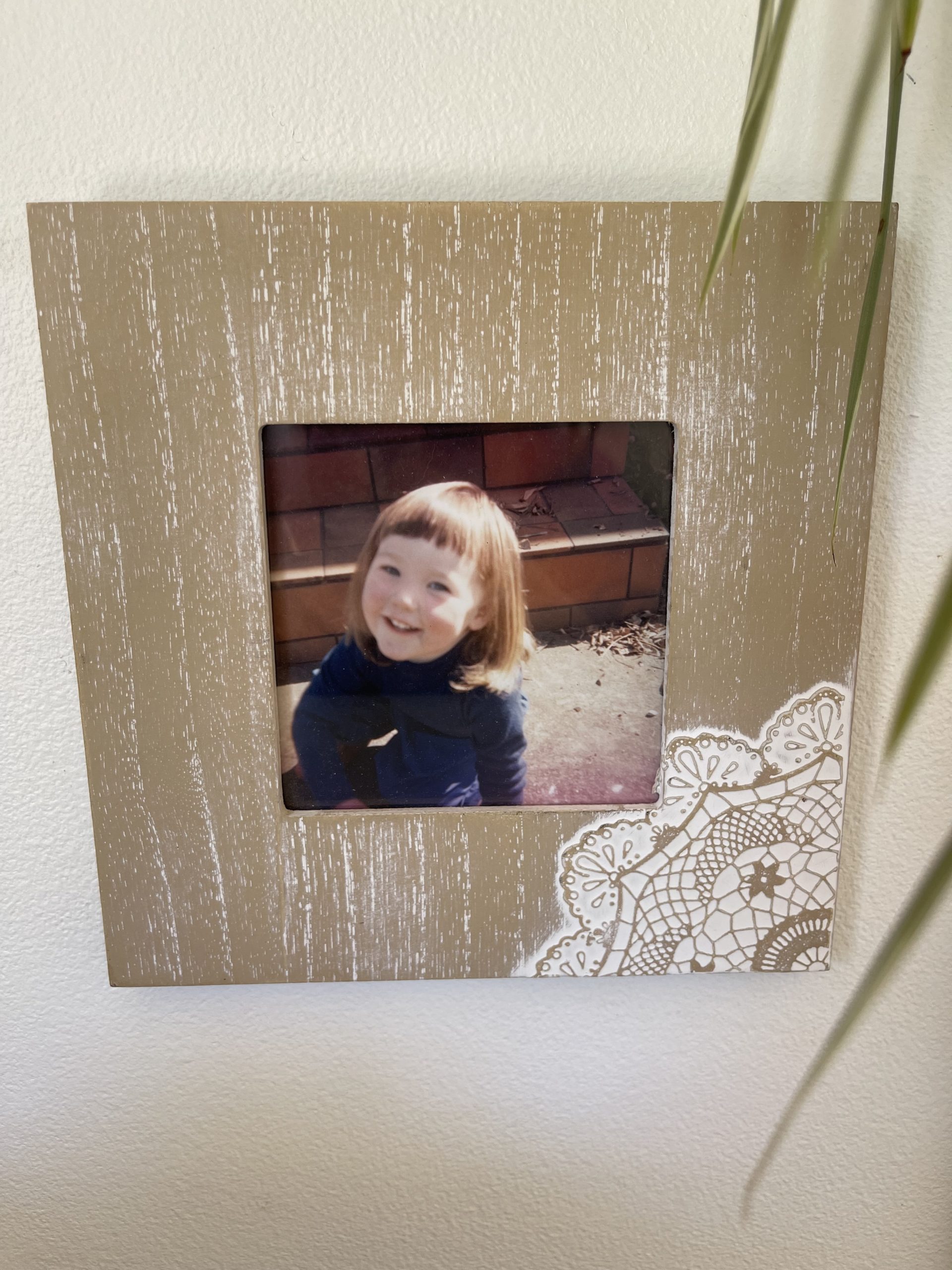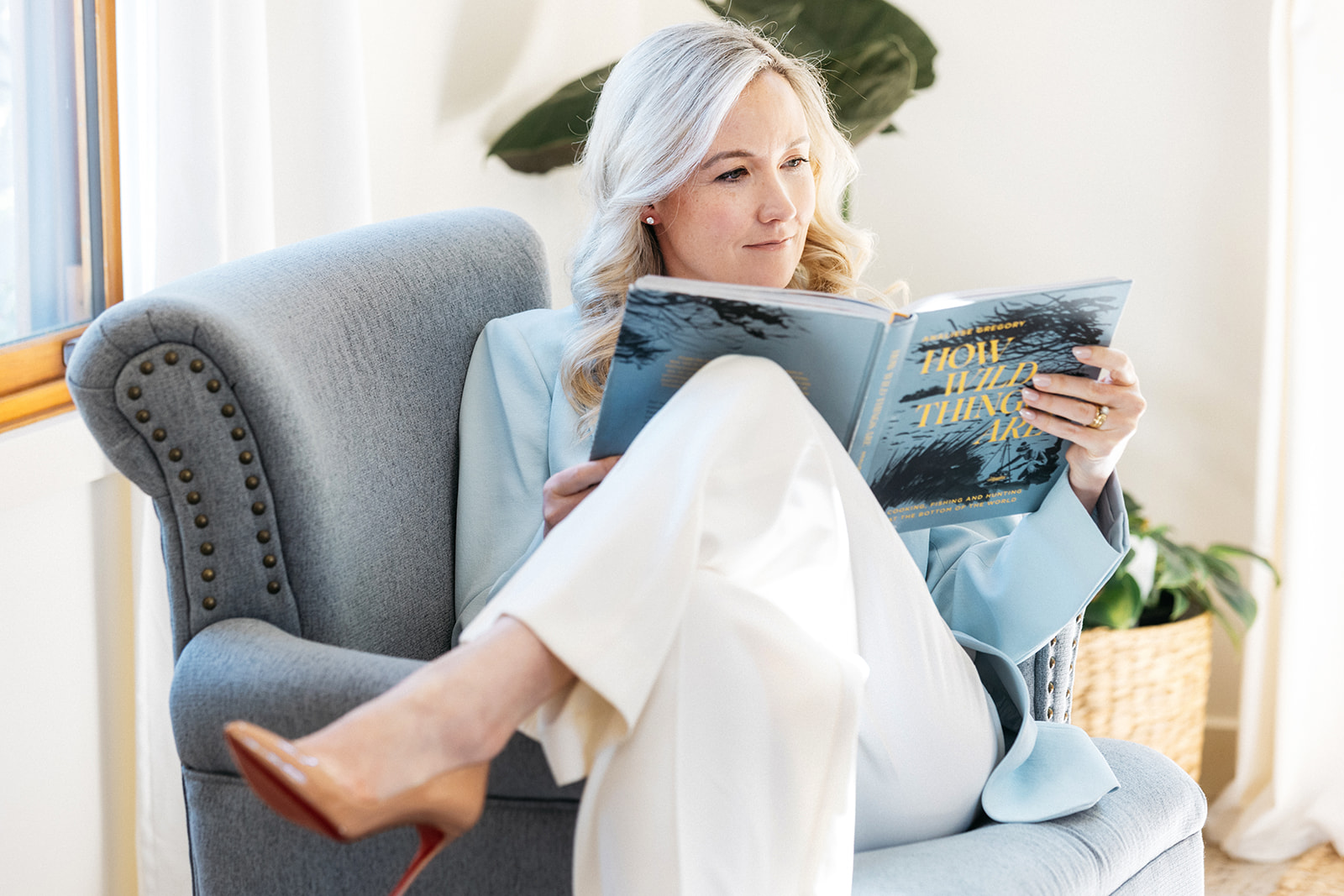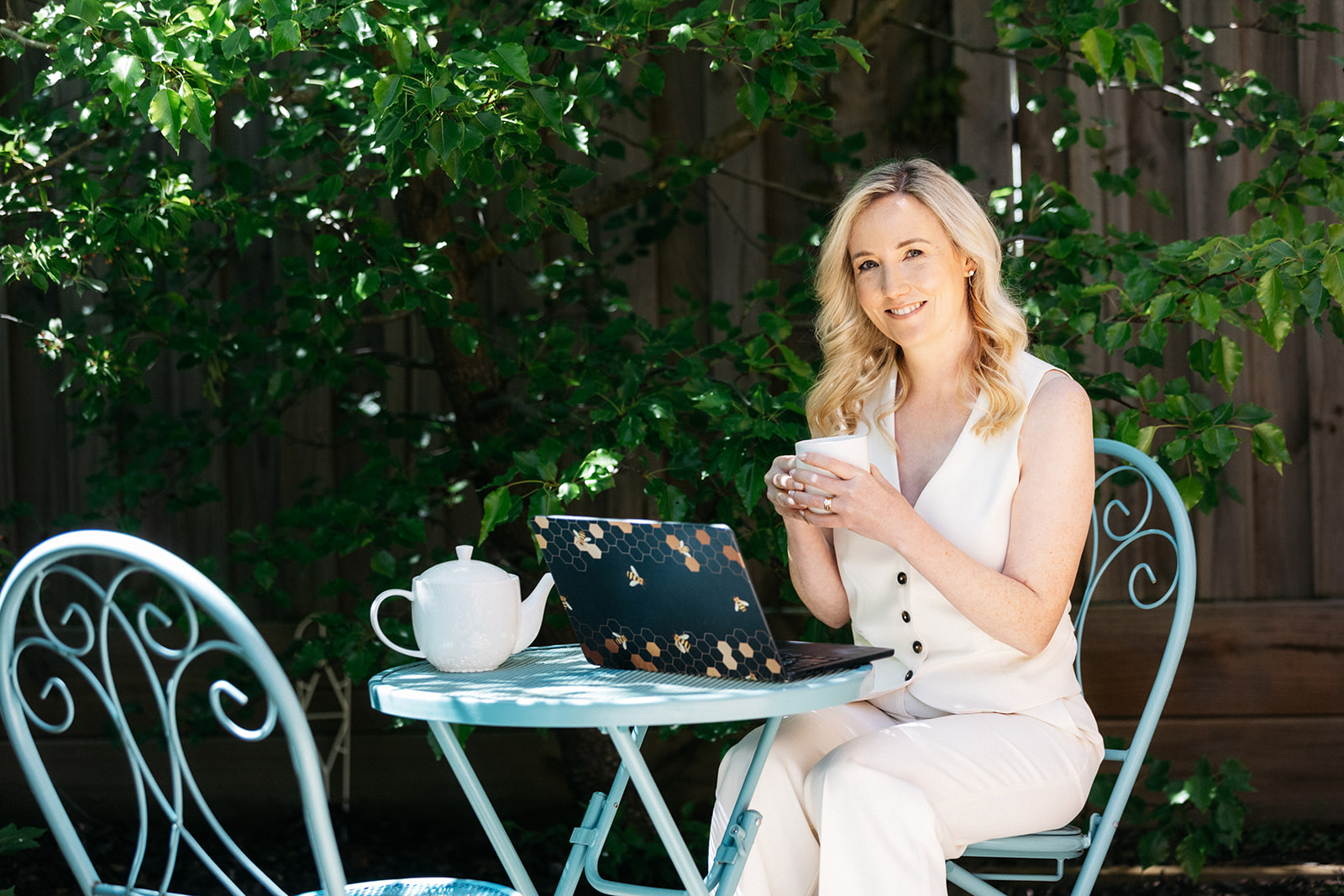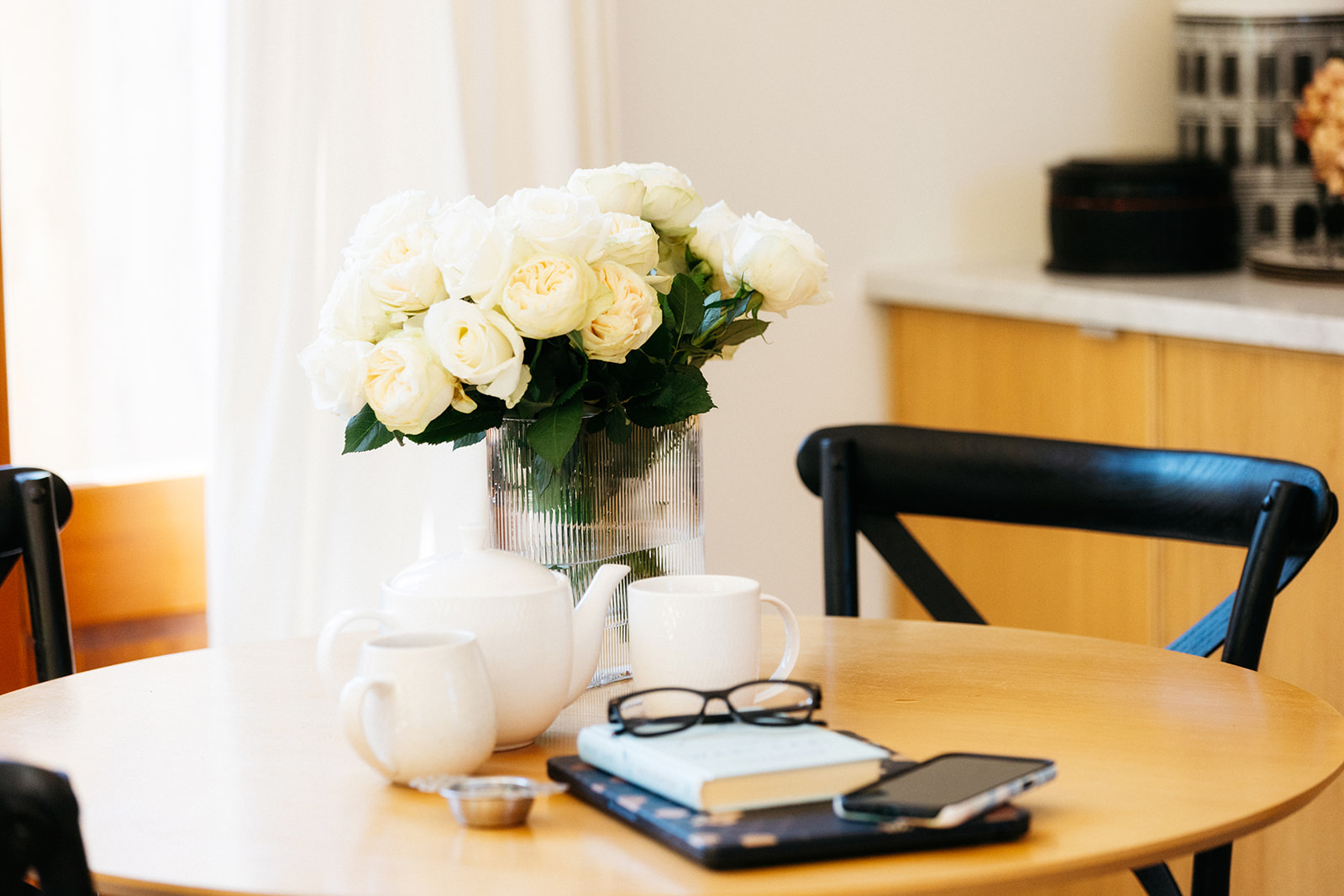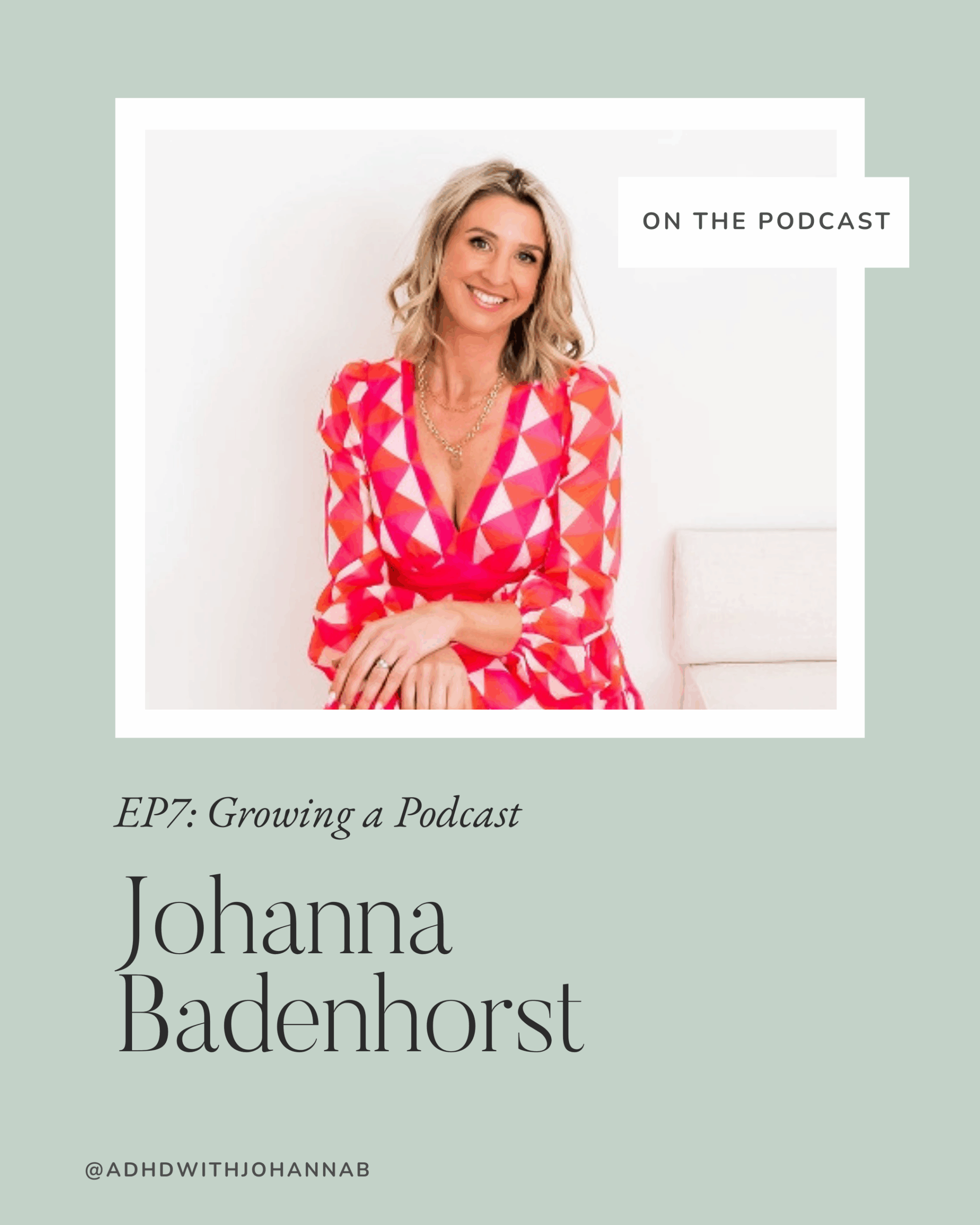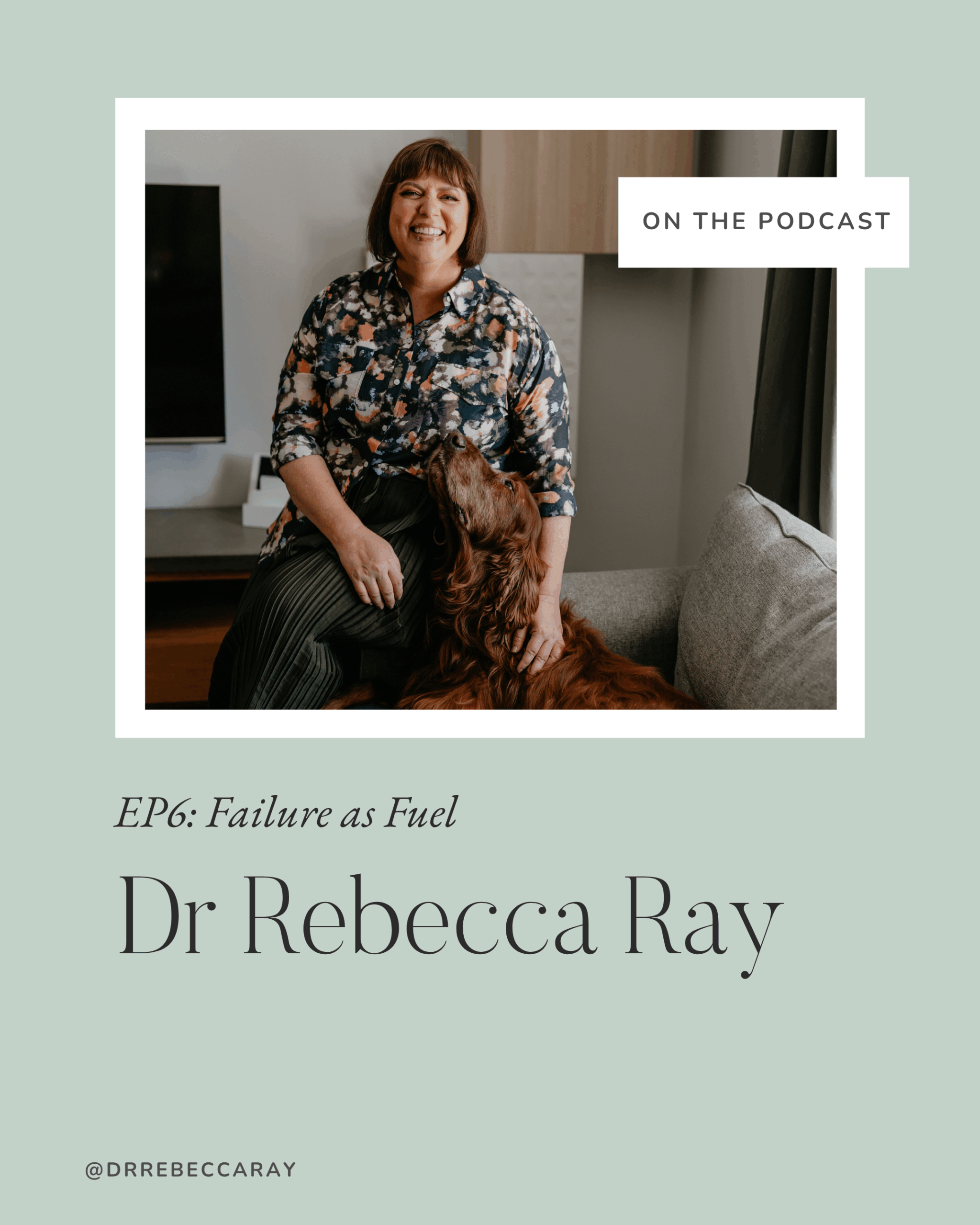I’m writing this as my husband is attempting to get our kids ready for the park so I can catch a break. It’s possible to love being home with your kids during the holidays and yet feel and utterly overstimulated, and a bit like we’re back in lockdown.
I read some statistic the other day about the fact that kids these days have an average of 12 hours less free play time than they did only 2 decades ago. We’re all inside a lot more and our homes have possibly become noisier, busier and tech heavy. I also wonder about the stats for adults – are we too experiencing less fun and free time than we used to?
I thought I’d share some ways that we can cope with feelings of overstimulation. My goal with anyone to consider that by detoxing from social media detox we might bring back some fun and get us to reflect on the ways in which we’ve replaced relaxation with numbing.
Brene Brown says we cannot selectively numb, and yet we still try it out multiple times a day. Even an amoeba in a petri dish will move away to avoid a toxin. We all avoid feeling pain. When we pick up our phones for a quick check or a quick scroll, it’s often to avoid pain. To distract from the overstimulation of mothering.
Observing
So the first step in coping with overstimulation is noticing that it’s there. Of getting into the habit of asking yourself when you pick up your phone, go to pour a wine, turn on a reality TV show where people are screaming at each other – what is it you’re actually seeking?
Solitude? Numbing? Distraction? From what? Can you name it up before you complete the action?
Removing or reducing external triggers where you can
Sometimes it’s easiest to start with external triggers – like too many noisy, flashing toys out or flickering lights that haven’t been fixed.
Without judging yourself or other people about toys, just ask yourself – do you need noisy toys if they bother you? Could your kids cope without them being out all the time? Could you do with less? Could you halve the amount of toys and create more opportunities for open-ended play?
Naming your emotions and triggers
It sounds simple, but a practice of naming your feelings is at the core of any work on your emotions. Particularly in addiction. I’ve mentioned this before, but in addiction recovery there’s the acronym HALT – before you go do the thing that numbs you out ask yourself – are you: Hungry? Angry? Lonely? Tired?
In the Circle of Security they use the term ‘shark music’ to describe that triggering feeling every parent has when their child is whinging, being disagreeable or generally making your body feel tense. Noticing and naming it up is a practice. You need to notice it and not judge yourself for it before you can move onto a strategy.
Create a coping menu
The next thing is then having a menu. A list of things you can do to cope when you feel overstimulated and triggered. I like the simple tool of 5 things you can count off on one hand:
You might start by unclenching your hands, dropping your jaw, yawning, stretching, getting your feet on the ground, putting cold water on your face – anything that re-engages you with your nervous system.
Self-compassion for your childhood wounds
Leaning into empathy and self-compassion is also a practice. Trying some reframing “my child is having a hard time. They are only little” and also using this practice for yourself. I like to keep a photo of myself as a child around.
It serves a couple of purposes – one is to remind myself “what would I have wanted someone to do for me when I was having a hard time with my emotions?”
The other is to remember that when my big shark music rolls in like a thunderous wave I’m usually no longer in Adult ME mode. Instead, I’ve reverted back to Little Me mode. The 5 year old who feels invisible and not listened to.
Being a parent will trigger ALL your childhood wounds and that’s completely normal.
I talk more about overstimulation in motherhood, creating a slower, calmer life
Pre orders for my new book, Social Media Detox for Mums is open!
Booktopia (21% off)
Angus & Robertson (20% off)
Get a copy of my birth trauma book: https://amzn.to/3cAuvfu
If you’d like to follow along my slow living journey on my YouTube channel
I also send a weekly email and have old school-style pen pals rather than use social media 🙂
My Website: https://doctorerin.com.au/
Mental health courses I teach: https://doctorerin.com.au/shop
Inquiries: dr.erinbowe@gmail.com
